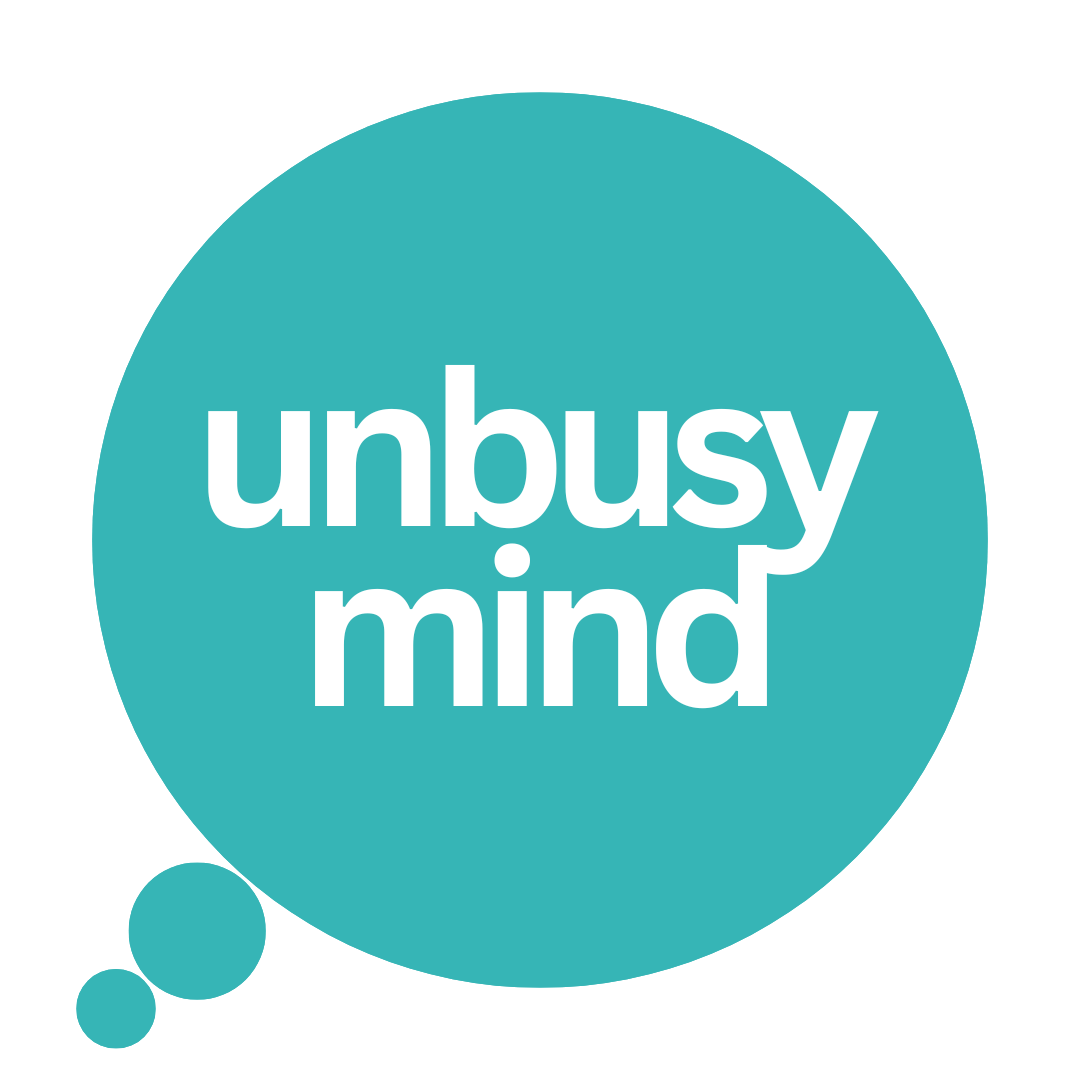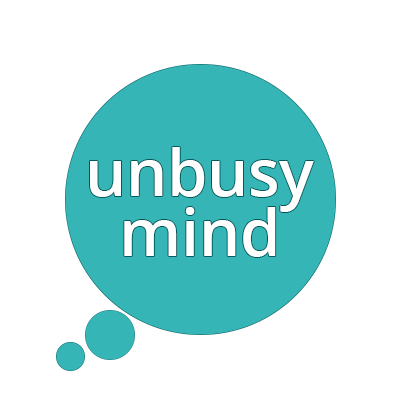
15 Sep Self-Administered Mindfulness Exercises on Stress Reduction
Introduction: Why Mindfulness Matters
In today’s fast-paced world, stress is practically inevitable. From work pressures to personal challenges, we all face stress at various stages. Fortunately, mindfulness has emerged as a popular strategy for managing this stress. Whether through guided meditations or self-administered exercises, mindfulness promises a way to reduce anxiety and help us stay grounded. But does it really work?
This article delves into recent research exploring how self-administered mindfulness exercises can impact stress levels. By the end, you’ll know which mindfulness techniques might help you reduce stress effectively—and if they’re worth your time.
What Is Mindfulness?
The Basics of Mindfulness
At its core, mindfulness is about being present. It’s the practice of paying attention to the current moment without judgment, tuning into your thoughts, feelings, and bodily sensations. Many people use mindfulness to gain clarity, reduce stress, and improve their mental well-being.
But mindfulness isn’t just about sitting still and breathing. It’s about actively engaging with the moment, noticing when your mind wanders, and gently bringing it back to the present.
Different Types of Mindfulness Exercises
There are various forms of mindfulness, and they can differ in focus:
- Awareness Mindfulness: Involves focusing on specific objects like breath or body sensations.
- Present Experience Mindfulness: Guides you to fully engage with the task at hand, such as walking or eating.
- Acceptance Mindfulness: Encourages a non-judgmental attitude towards emotions and thoughts, fostering kindness and compassion.
The Rise of Self-Administered Mindfulness Practices
Why Are Self-Administered Exercises Popular?
Mindfulness courses and retreats can be costly and time-consuming. Enter self-administered mindfulness exercises, which provide flexibility and affordability. They’re available in various formats, including:
- Apps
- Audio recordings
- Books
- Videos
This means anyone can practice mindfulness on their own time, without needing a formal instructor.
The Appeal of Self-Help Mindfulness Tools
- Convenience: No need for weekly classes or structured programs.
- Affordability: Typically free or low-cost compared to professional programs.
- Flexibility: You can practice whenever and wherever it suits you.
Can Self-Administered Mindfulness Really Reduce Stress?
This is the big question. While self-administered tools are accessible and widely used, their effectiveness has been debated. Can these simple, standalone exercises really help reduce stress? Research has shown mixed results, so let’s dive into what recent studies have to say.
The Science Behind Mindfulness and Stress Reduction
A Comprehensive Study: Testing Mindfulness Across 37 Sites
To truly understand the effectiveness of self-administered mindfulness exercises, a large-scale study was conducted across 37 sites with over 2,000 participants. The researchers focused on four standalone mindfulness exercises to assess their impact on stress levels. Participants were randomly assigned to either a mindfulness exercise group or an active control group.
Key Findings: Do Mindfulness Exercises Work?
Across all exercises, participants who engaged in mindfulness reported lower stress levels compared to those in the control group. The most significant reduction was observed in the Body Scan Meditation group. Here’s what they found:
- The Body Scan exercise had the largest effect, with a mean reduction in stress.
- All mindfulness conditions showed greater stress reduction compared to the control.
- The results provide solid evidence that these exercises can be effective, though the effects varied slightly depending on the exercise.
Deep Dive into Mindfulness Techniques
The Body Scan: A Simple Yet Powerful Technique
The body scan exercise guides you to focus on each part of your body, noticing any sensations without judgment. It’s particularly effective because it helps people become aware of physical tension and stress in the body.
- How It Works: You start at your toes and slowly work your way up, scanning each body part with your awareness.
- Why It’s Effective: It brings attention to physical stress and encourages relaxation, reducing mental stress along the way.
Mindful Breathing: Focusing on the Breath
Mindful breathing is perhaps the most well-known mindfulness exercise. Participants are encouraged to focus entirely on their breath, observing its rhythm without trying to change it.
- How It Works: You simply focus on your breathing, noticing the sensation of air flowing in and out.
- Why It’s Effective: This practice helps to anchor the mind, reducing anxiety caused by racing thoughts.
Present Moment Awareness: Engaging Fully with the Now
In this practice, participants are guided to focus on whatever they are doing in the present moment, whether that’s walking, eating, or even washing dishes.
- How It Works: You bring your full attention to the current activity, without letting your mind wander.
- Why It’s Effective: By focusing on the present, you can quiet the mind and reduce stress caused by dwelling on past or future worries.
The Role of Personality in Mindfulness Effectiveness
Can Personality Traits Influence Results?
Interestingly, research suggests that personality may affect how well someone responds to mindfulness training. Specifically, people who score higher in neuroticism—a trait associated with emotional instability—may benefit more from mindfulness exercises.
- High Neuroticism: Those with higher neuroticism may experience greater stress relief from mindfulness.
- Other Traits: Further research is needed to see how other personality traits influence mindfulness outcomes.
How Language Plays a Role in Mindfulness
Does Language Proficiency Affect Mindfulness?
One unexpected finding was that language proficiency might moderate the effectiveness of mindfulness exercises. For participants who were less proficient in English, the mindfulness exercises seemed less effective.
- Why? Mindfulness often involves complex emotional language, and understanding that language is crucial for processing and benefiting from the practice.
Limitations and Considerations
Is Mindfulness for Everyone?
While mindfulness has shown promise, it’s not a one-size-fits-all solution. The study noted several important factors:
- Time Commitment: Some exercises require practice over time to see significant results.
- Cultural Factors: Mindfulness practices rooted in Eastern traditions may not resonate with everyone.
- Personality Differences: As mentioned earlier, certain personality traits might make mindfulness more or less effective for different individuals.
Best Practices for Self-Administered Mindfulness
How to Get Started
If you’re new to mindfulness, starting with a guided app or video can be a great first step. Here are some tips to get you going:
- Choose a Quiet Space: Find a comfortable, quiet place where you can focus.
- Start Small: Begin with 5-10 minutes per day and gradually increase your practice.
- Consistency is Key: Try to practice mindfulness regularly to see the best results.
Popular Tools for Self-Administered Mindfulness
Here are a few popular resources to explore:
- Headspace: An app that offers guided mindfulness exercises.
- Insight Timer: A free meditation app with a large library of mindfulness practices.
- Books: There are many books on mindfulness, such as “The Power of Now” by Eckhart Tolle.
Conclusion: The Verdict on Self-Administered Mindfulness
So, can self-administered mindfulness exercises help reduce stress? The research points to yes, but with a few caveats. These exercises are effective for many people, particularly those who can stick with the practice and engage fully. However, personality traits and language proficiency may play a role in how much stress reduction someone experiences.
For most of us, taking a few minutes each day to practice mindfulness can be a powerful tool for managing stress. The body scan meditation, in particular, stands out as a simple yet effective way to lower stress levels. If you’re looking for an easy, affordable way to reduce stress, why not give mindfulness a try?
FAQs
1. What is the most effective mindfulness exercise for stress relief?
The body scan meditation has been shown to be the most effective in reducing stress.
2. Can mindfulness help with anxiety?
Yes, mindfulness can be an excellent tool for managing anxiety by grounding you in the present moment.
3. Do I need to meditate for a long time to see results?
Not necessarily. Even short, self-administered mindfulness exercises can be effective, though consistency is key.
4. Is mindfulness suitable for everyone?
While mindfulness is beneficial for many, it may not resonate with everyone, especially those who find it hard to stay focused or engaged.
5. How can I start practicing mindfulness?
You can start by downloading a mindfulness app like Headspace or Insight Timer, and practice for 5-10 minutes each day.

